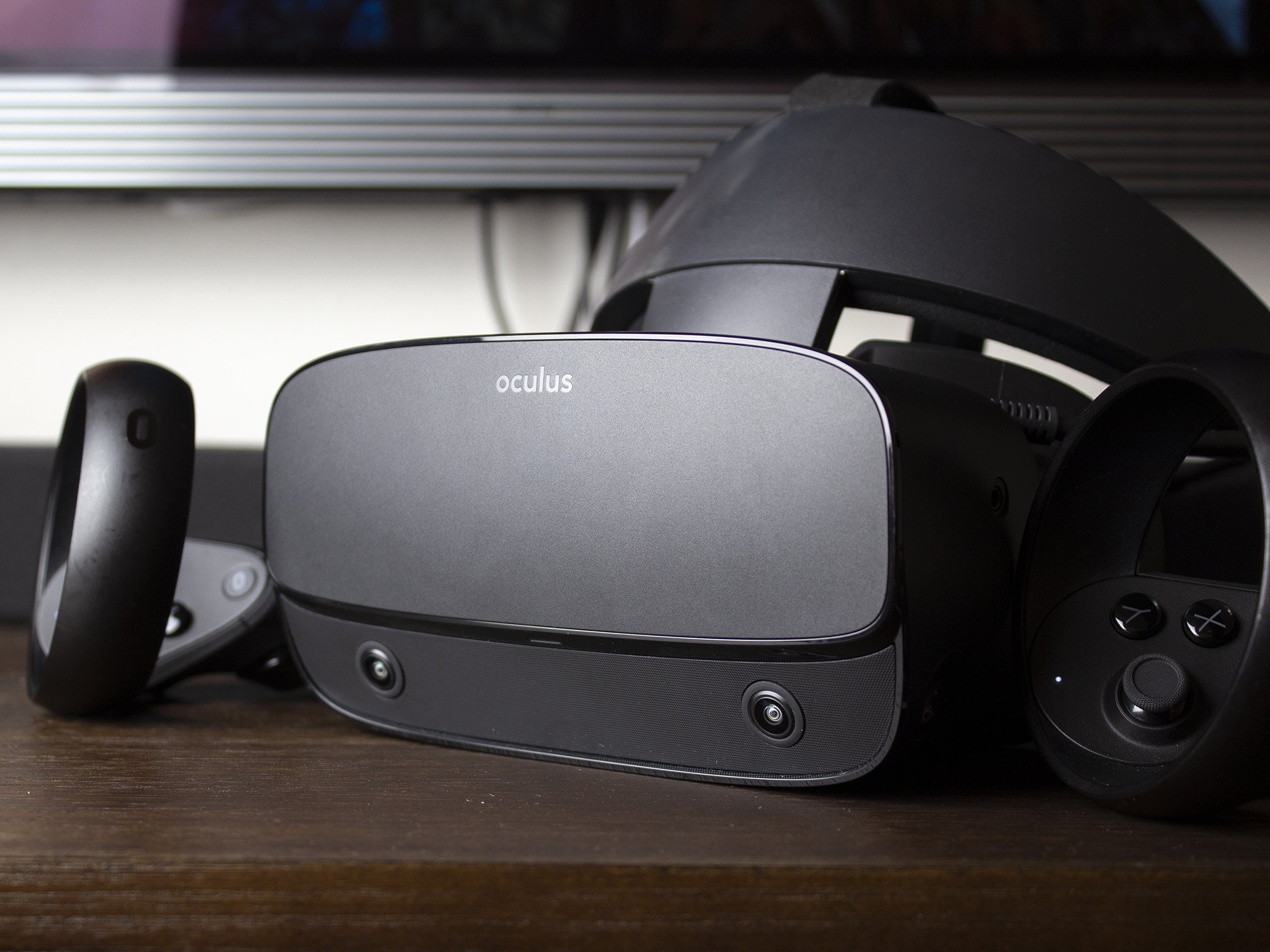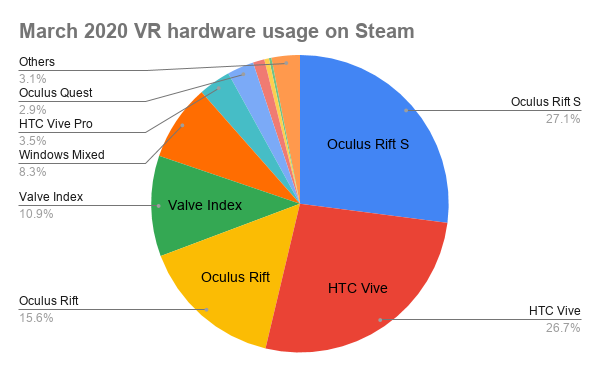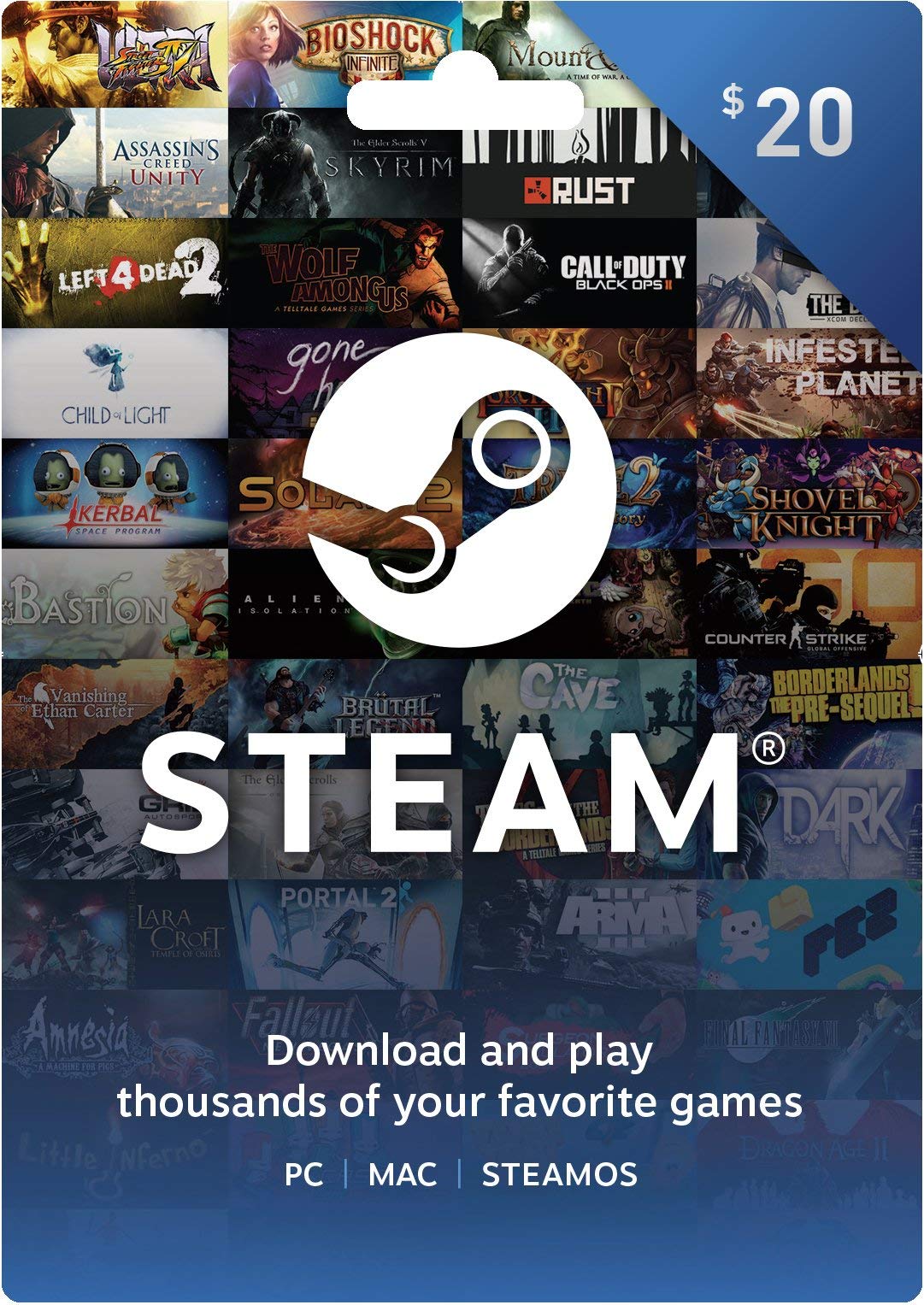Monthly Steam hardware survey revamp shows the true VR market size
Valve says the VR market is doing just fine and has the numbers to prove it.

What you need to know
- The monthly Steam Hardware Survey now collects data throughout the month instead of just the end of the month.
- VR headset market share can now be more clearly established, and wireless headsets are now included in the data.
- The Oculus Rift S is now the most popular PC VR headset, and the Valve Index has a surprisingly high market share, given its price.
For years now, the monthly Steam Hardware Survey has been a great way to get a snapshot of what kinds of hardware PC gamers are rocking. It's also been a great way to see trends for upgrades and who owns the lion's share of any particular market, be it CPUs, GPUs, or VR headsets. Until March 2020, however, the numbers for the VR market have been unreliable, but Valve has finally altered the data in a way that should give us a clearer snapshot of the headsets used. In a nutshell, Steam now collects data on hardware throughout the month and then submits that data when a user is asked to participate in the survey.
Since the monthly survey is optional and random, this still isn't a full look at the exact market share of each device category, but collecting data throughout the month helps alleviate some random elements. Beforehand, when a user was asked to participate in the survey, Steam would collect data on what hardware is connected to the user's computer at that very moment. That, essentially, ruled out any headsets that weren't connected at the time or were being used wirelessly. The new method of data collection means Steam will now show headsets like the Oculus Quest, which typically will only be connected when a gamer is specifically using it as a Rift via Oculus Link.
Looking at the data for March, which is the first month this new data collection practice has gone into effect, reveals some interesting numbers. First off, the percentage of Steam users with a VR headset dropped from approximately 1.3% in February, to approximately 1.16% in March. While Valve doesn't tell us exactly how many people make up this pool, we do know that Steam hit a record-setting 20-million concurrent users in March and, at the end of 2019, Valve said 95 million people play on Steam every month. It's pretty easy to surmise, then, that there were at least one million VR headsets actively in use in March; the same month Valve released the long-awaited VR-exclusive Half-Life: Alyx.

The breakdown of headset usage is incredibly interesting and shows some clear trends across the market. First off, the Oculus Rift S is now the most widely used headset on Steam, finally overtaking the 4-year-old HTC Vive in marketshare. The Oculus Quest is now finally showing up correctly and makes up almost 3% of headsets on the PC, making it twice as popular as 2019's HTC Vive Cosmos. Half a percent utilize a PlayStation VR headset for PC VR usage, which is pretty incredible given how limited the headset is without a bit of work. Lastly, the Valve Index makes up almost 11% of all PC VR headsets used in March, which is pretty incredible given that it costs $1,000 for the full kit, while headsets like the Oculus Rift S are only $400.
Valve, of course, has a lot vested in the VR market and would directly benefit from its success, so it makes sense that they've been working to deliver more accurate numbers. We've seen some pretty solid growth of the VR market ever since the launch of the HTC Vive and Oculus Rift in 2016, including the first VR game to ever sell 2-million copies, Beat Saber. Valve recently stated that they were happy with the growth of the VR market in an interview with Rock, Paper, Shotgun

A great way to play
Steam is the world's foremost digital gaming service on PCs, and a Steam Gift card makes it easy to give gaming bucks to friends and loved ones or to just use for yourself.
Get the Windows Central Newsletter
All the latest news, reviews, and guides for Windows and Xbox diehards.
Nick started with DOS and NES and uses those fond memories of floppy disks and cartridges to fuel his opinions on modern tech. Whether it's VR, smart home gadgets, or something else that beeps and boops, he's been writing about it since 2011. Reach him on Twitter or Instagram @Gwanatu

